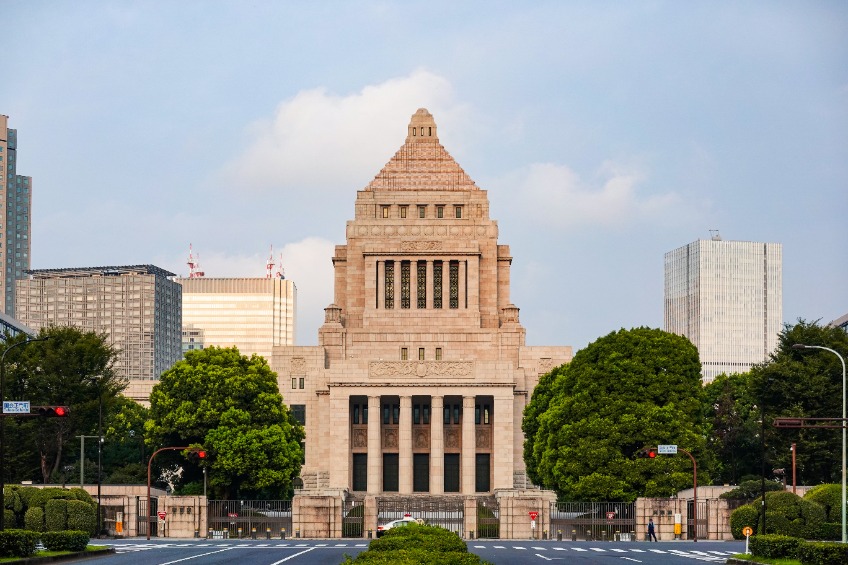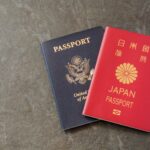Is Japan a communist country?

Is Japan communist?
Is Japan a communist country?
Is Japan a communist country? No, Japan is not a communist country. It is a capitalist and democratic country just like the U.S. However, collectivism and egalitarianism in Japan are sometimes metaphorically referred to as communism or socialism.
The work and employment patterns of Japanese companies are sometimes described as socialistic. The small salary gap between the president and the rank-and-file employees, generous benefits packages, job security through lifetime employment, and a system of paying salaries based on the family situation of employees rather than on their ability to do the job, as seen in family benefits, are all socialistic, or even communistic, in nature.
Unlike the welfare states of Scandinavia and the U.K., Japanese-style socialism was not officially advocated by the government.
Some Chinese people say that Japan is more of a “socialist” country than China. They argue that although Japan does not have a rationing system, it is a society that promotes equality and is kind to the weak. Others believe that Japan is the largest socialist country in the world and that socialism ruined Japan.
“Japan is the most successful socialist country in the world,” said Mikhail Gorbachev.
General Secretary Gorbachev of the former Soviet Union once called Japan ‘the most successful socialist country.” It was a compliment, not derision. Gorbachev was referring to lifetime employment, a seniority system, the protection of companies through the convoy system, and the so-called “all-Japanese-are-middle-class mentality.”
It is often said that the “all-Japanese-are-middle-class mentality” means that many Japanese think they belong to the middle class, not that most of them are actually middle class.
The Japanese Communist Party is a major political party
The Japanese Communist Party had about 270,000 members as of March 2022, making it the largest communist party in the Western world. The JCP has 10 members in the House of Representatives and 13 members in the House of Councillors, making it the fourth-largest opposition party in the House of Representatives and the House of Councillors. The number of party members was 387,000 in 2000 but has been decreasing year by year. With approximately 2,800 local councilors, there were 64 municipalities where the JCP was the ruling party as of 2020.
Communism vs. socialism
After the collapse of the former Soviet Union, the difference between communism and socialism became blurred. Today, they are seen as meaning almost the same thing.
Was Japan ever communist?
Japan has never been a communist country. Throughout its history, Japan has adopted various political and economic systems, but communism has never been implemented as the governing ideology.
In the early 20th century, Japan experienced a period of rapid industrialization and militarism, particularly during the 1930s and 1940s. During this time, the government was under the control of the Imperial Japanese Army and pursued an expansionist policy in East Asia. However, the government’s ideology was rooted in a form of authoritarian nationalism rather than communism.
After World War II, Japan underwent significant political and economic reforms under the guidance of the Allied Occupation. The new constitution adopted in 1947 established a parliamentary democracy and a capitalist economic system. Although Japan has had socialist and communist political parties, they have never held significant power in the government or implemented communist policies on a national scale.
Today, Japan is a constitutional monarchy with a parliamentary system and a market-based economy. It is often characterized as a liberal democracy with a mixed economy, where private enterprise and government intervention coexist.












